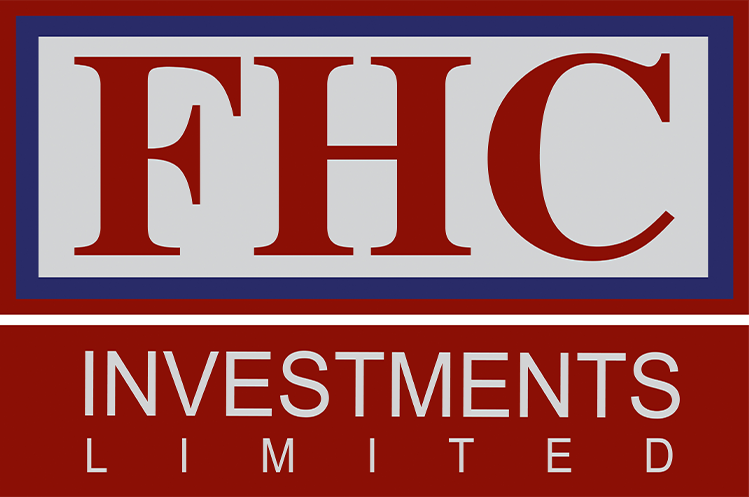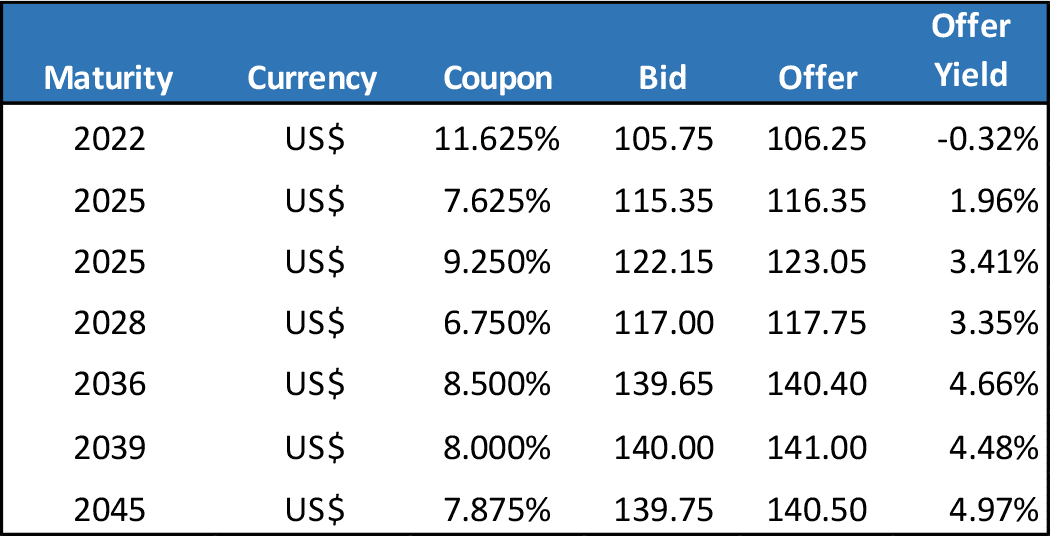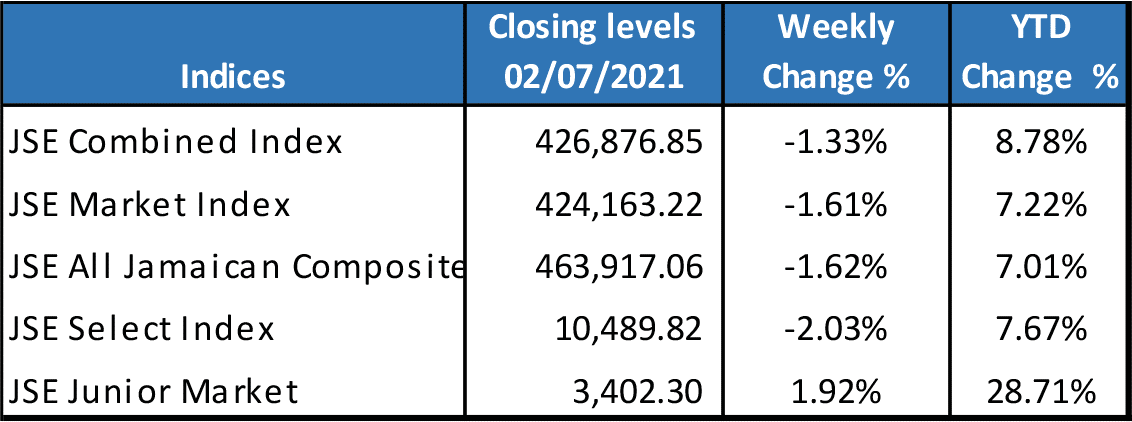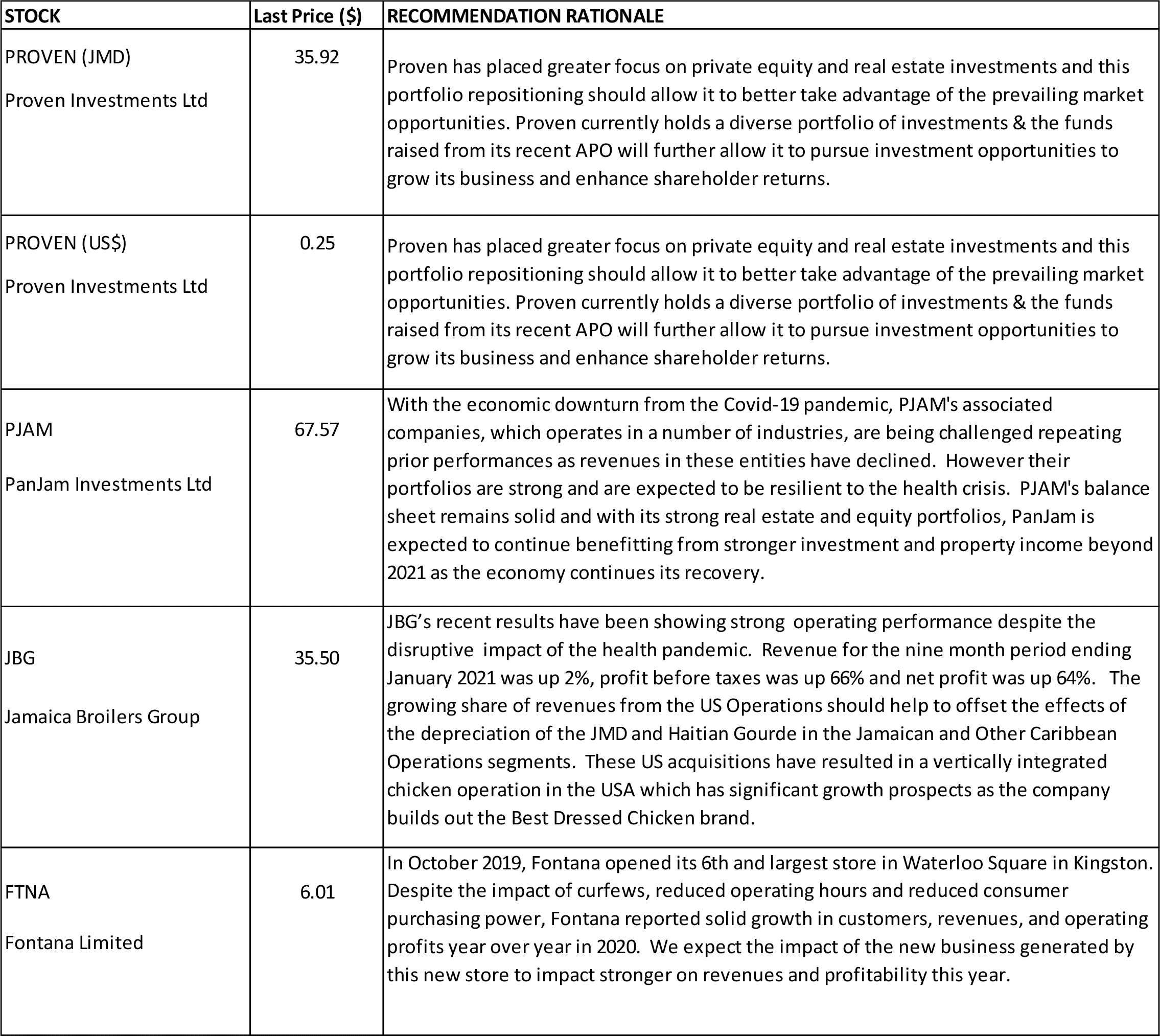Buying Shares in an Additional Public Offering (APO)
The first time a company offers its share for sale to the public is called an Initial Public Offering (IPO). All subsequent offerings following the IPO are considered additional public offerings (APO). These shares can be sold to the public or to private investors. JMMB Group Limited, Proven Wealth Limited and Sygnus Investments Limited, all sold shares to the public in APOs.
When one or more existing large shareholders offer all or a large portion of the shares they own, directly to the public, that is also considered an additional public offering. An example of a major shareholder selling some of their closely held shares in an APO, was when Facey Group Limited sold some of its Seprod shares to the public in 2018. When APOs are done by major shareholders, the proceeds from the sale are paid to the shareholders who sold the shares, and not to the company. In this case, Facey Group Limited received the proceeds from the APO, and not Seprod.
Why do companies have APOs?
In an APO offering, a company is returning to the capital markets, selling new shares to raise more money. Companies do APOs for various reasons. Sometimes, the company might need funding to refinance its debt or make acquisitions to grow the business. At other times, one or more of the company’s major shareholders might be interested in disposing of some or all of their shareholdings.











